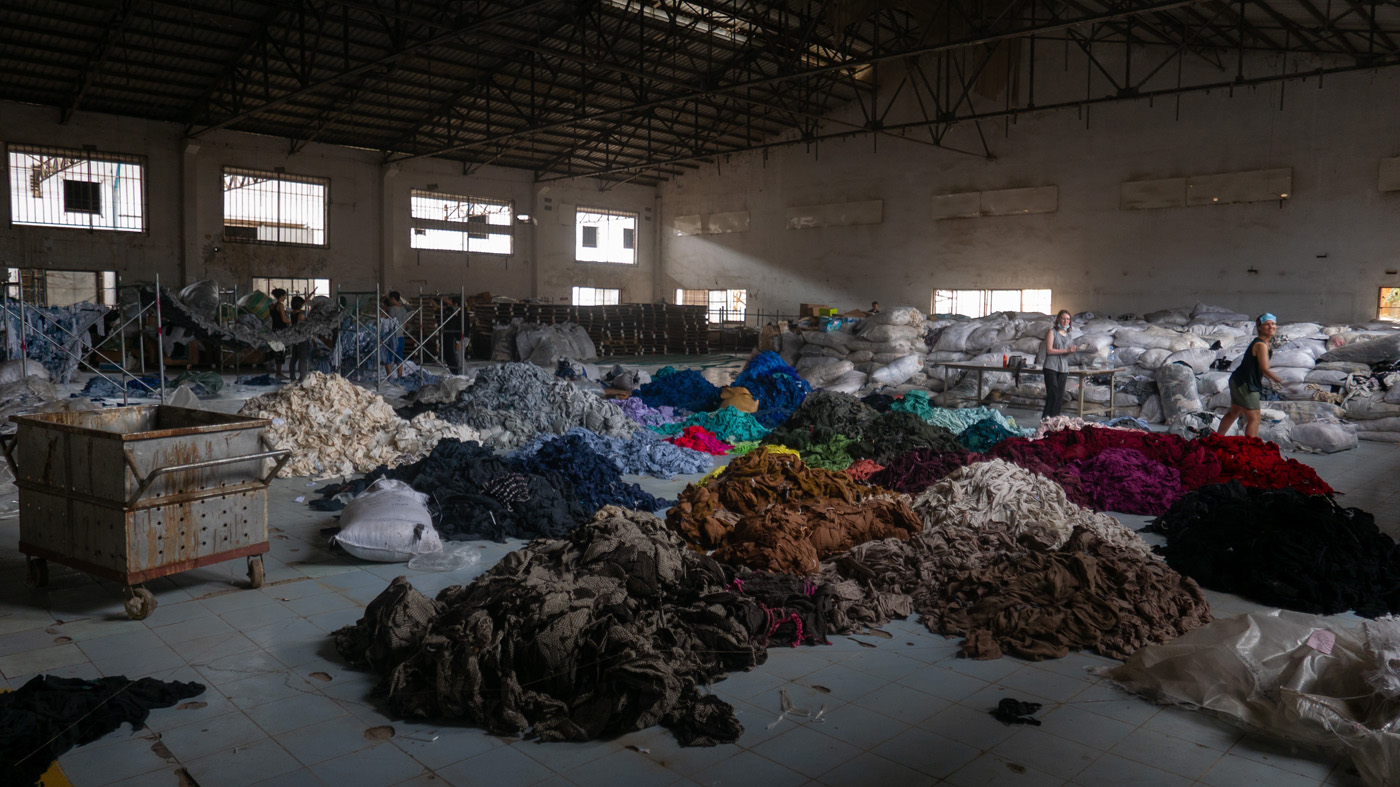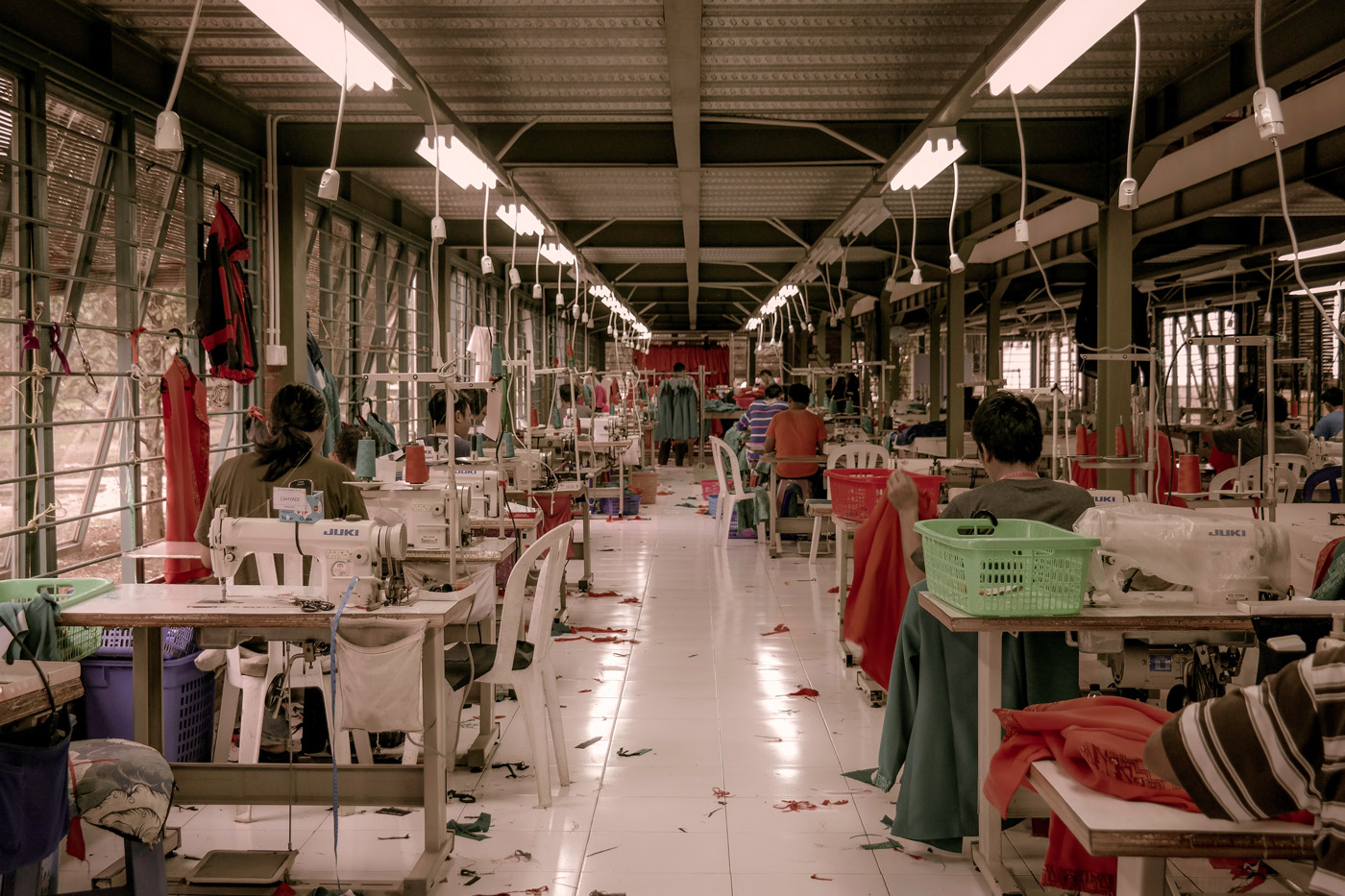One of the main reasons Slow Fashion is so important in our world is due to the largely negative environmental impact of the fashion industry, more specifically, Fast Fashion. Fast Fashion refers to the mass production of clothing that is designed to be cheap and quickly disposable.

This model of production puts a huge strain on our natural resources, increasing greenhouse gas emissions, and contributing to the pollution of our planet at large.
Another important aspect of Slow Fashion is promoting ethical and fair labor practices. This means ensuring that workers are paid fair wages, work in safe and healthy conditions, and are treated with respect and dignity. The fast fashion industry has long been criticized for exploiting workers in developing countries, where labor laws are often weaker, and workers are paid very low wages for long hours of work..
Crucially, Slow Fashion also focuses on encouraging consumers to shift their mindset from constantly buying new clothes to investing in high-quality, long-lasting pieces. This not only reduces waste but also saves money in the long run, as consumers can wear their clothes for years instead of just a few months.


In addition to individual actions, the fashion industry as a whole can also play a role in promoting Slow Fashion. This includes adopting sustainable and ethical production practices, such as using recycled or upcycled materials, implementing fair labor practices, and reducing waste through circular economy models.
Slow Fashion thus plays a large role in making the right steps towards a more sustainable future and putting a stop to the harmful practices of the Fashion Industry at large. By encouraging sustainable and ethical clothing choices, emphasizing on high-quality, long-lasting, and made from sustainable materials, Slow Fashion shows a way for consumers to reduce their environmental impact, while also promoting fair labor practices. Slow Fashion is not just a trend but a mindset shift towards a more sustainable and responsible fashion industry.

